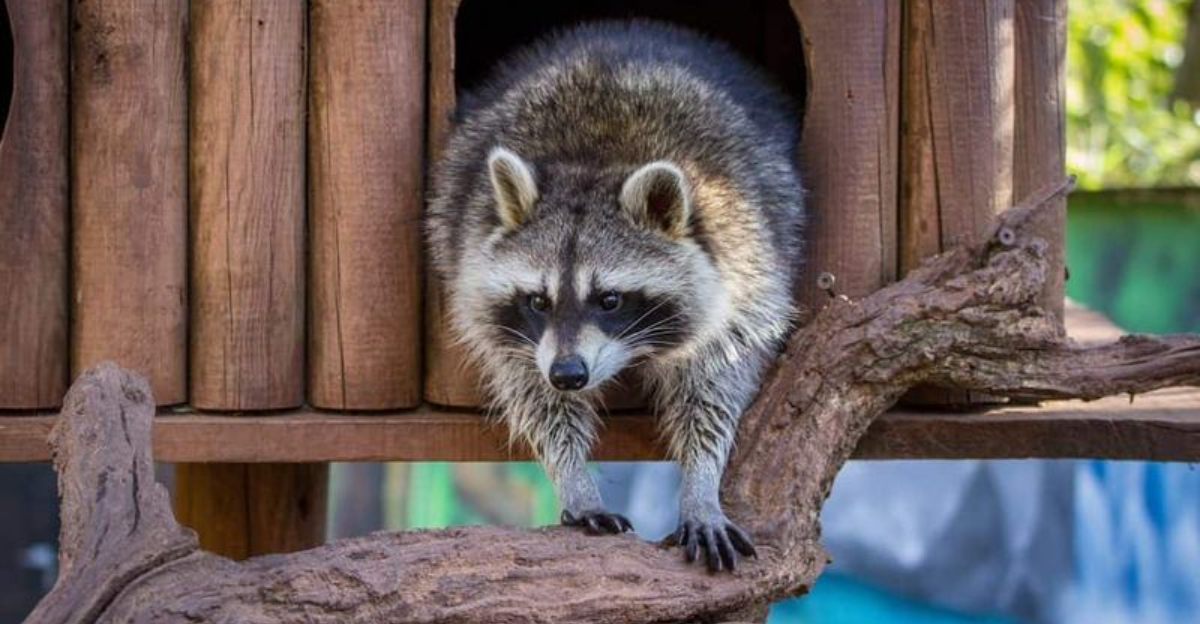Dreaming of a pet that’s far from ordinary? In Florida, with the right permits, you can go beyond goldfish or guinea pigs and welcome truly exotic companions into your home.
From colorful parrots to slithering wonders, the Sunshine State’s laws open the door to some fascinating wildlife.
These unique pets come with special care requirements and permits, but if you’re ready for a one-of-a-kind bond, you might just find your perfect extraordinary companion right in your living room.
1. Fennec Fox (Vulpes zerda)
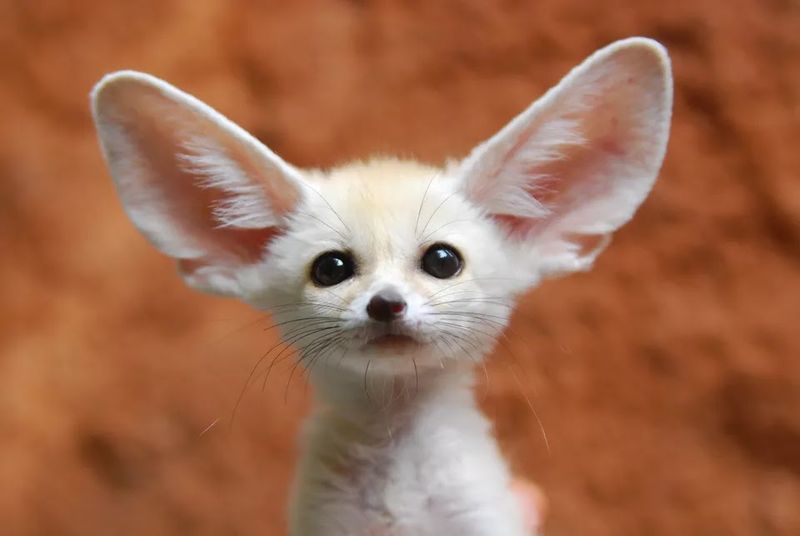
Those enormous ears aren’t just for show! Standing at barely 8 inches tall, these pint-sized desert foxes pack personality into a tiny package.
Native to North Africa, Fennecs require specialized diets and plenty of exercise.
Their nocturnal nature means they’ll throw midnight parties in your home, zooming around with boundless energy when you’re trying to sleep.
2. Arctic Fox (Vulpes lagopus)
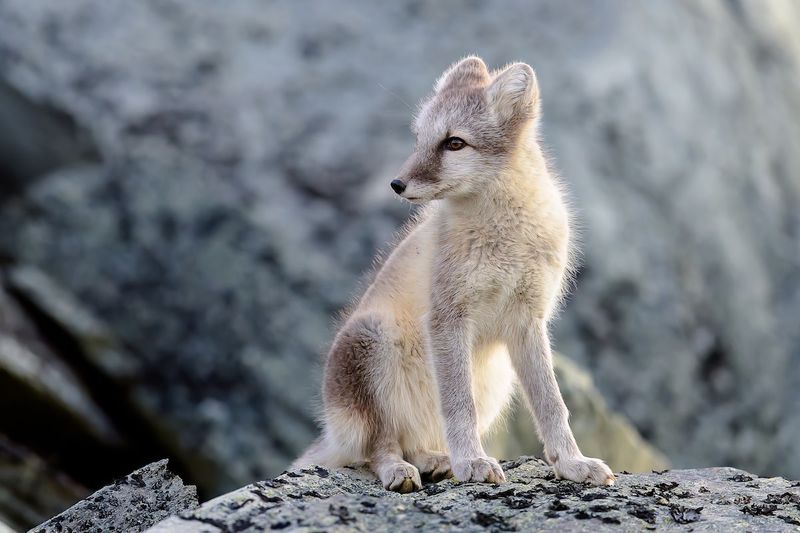
Magical winter coats transform these fluffy tricksters from brown to pure white when temperatures drop. Unlike their desert cousins, Arctic foxes thrive in cooler settings.
Florida’s heat poses challenges, so dedicated owners install specialized cooling systems.
Surprisingly social with their human families, these foxes develop strong bonds but maintain their wild instincts for digging and exploring.
3. Red Fox (Vulpes vulpes)
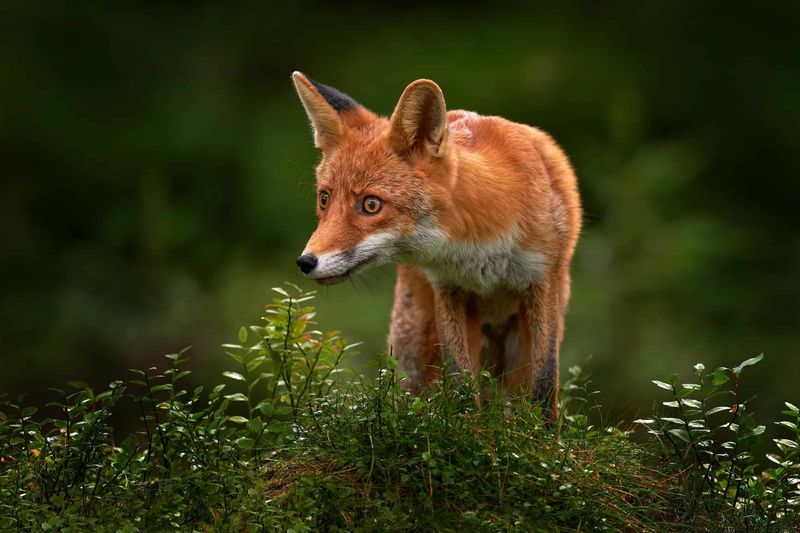
Hollywood’s favorite fox species brings that classic rusty-orange coat and mischievous intelligence right into your living room.
Notorious problem-solvers, they’ll figure out your cabinet locks faster than you can say “childproof.”
Highly active and curious, Red foxes need substantial outdoor enclosures with digging barriers at least 4 feet deep.
Their distinctive musky scent remains even when descented – something potential owners should consider.
4. Gray Fox (Urocyon cinereoargenteus)
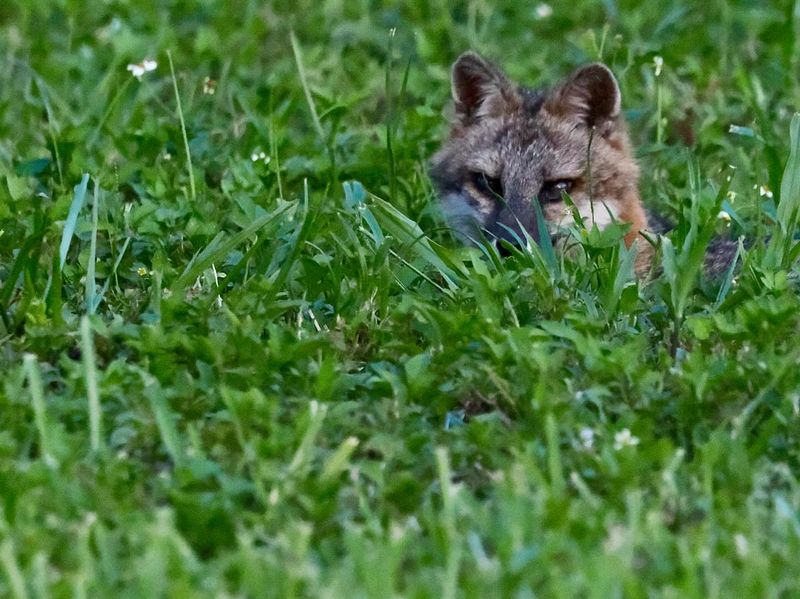
Cat-like in their climbing abilities, Gray foxes can scale trees and fences with astonishing agility! Florida’s native fox species adapts beautifully to captivity when raised from kits.
Less intense than their Red fox cousins, they still require secure outdoor spaces with climbing opportunities.
Their salt-and-pepper coat with rusty sides creates a stunning appearance, while their relatively smaller size makes them slightly more manageable.
5. Mink (Neovison vison)
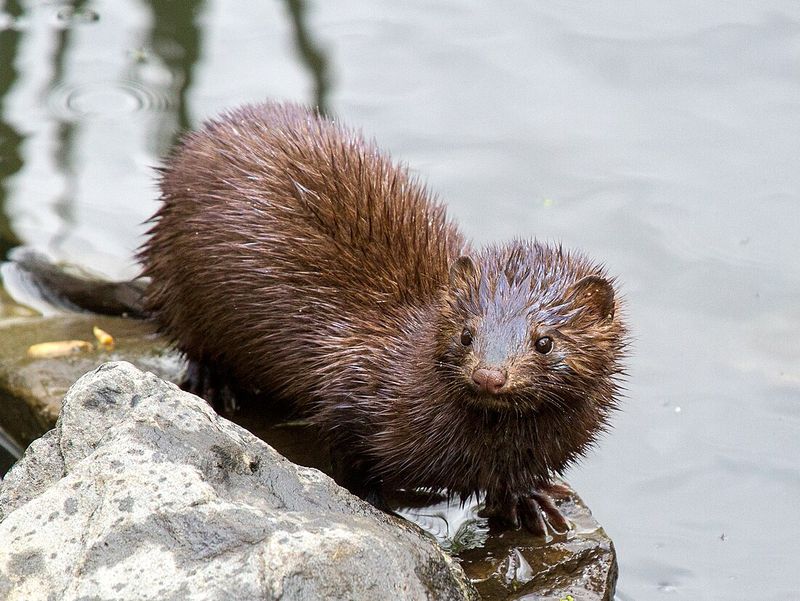
Sleek, semi-aquatic bundles of energy, minks move like liquid lightning! These carnivorous mustelids require specialized enclosures with swimming areas to satisfy their natural behaviors.
Feisty and independent, they’re not cuddle buddies but fascinating to observe.
Their luxurious dark brown coats require no special grooming, though their strong territorial scent marking habits mean outdoor housing is strongly recommended.
6. Raccoon (Procyon lotor)
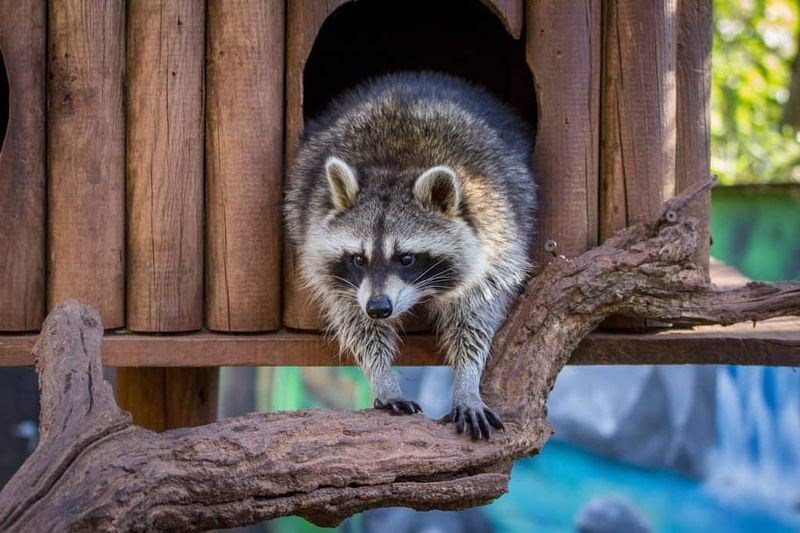
Those little masked bandits will steal your heart – and anything else not nailed down! With dexterous paws rivaling human hands, raccoons can unscrew jars, open doors, and generally outsmart most childproofing.
Incredibly intelligent but mischievous, they form strong bonds with owners. Expect to raccoon-proof your entire home, as their curiosity knows no bounds.
They require specialized diets and large enclosures with climbing structures.
7. Skunk (Mephitis mephitis)
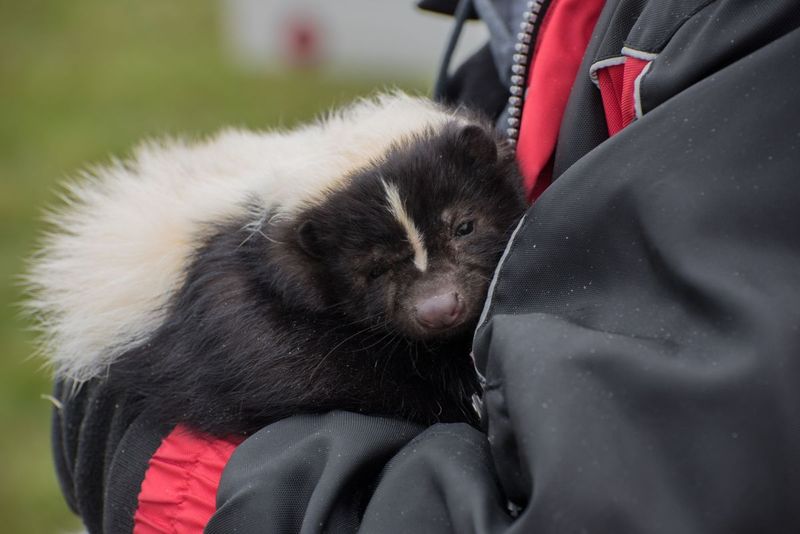
Forget everything you thought you knew! Descented pet skunks are affectionate, playful companions with personalities often compared to cats and dogs combined.
Their waddling walk and striking black-and-white patterns make them conversation starters.
Naturally fastidious, many can be litter-trained and enjoy following their humans around the house. Their omnivorous diets require careful planning to prevent obesity.
8. Opossum (Didelphis virginiana)
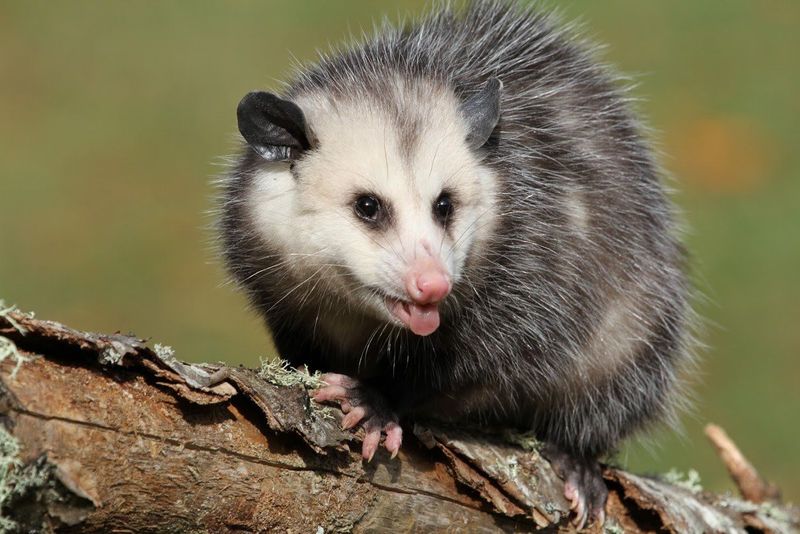
Nature’s cleanup crew comes with built-in tick-eating capabilities! North America’s only marsupial devours thousands of disease-carrying ticks annually, making them surprisingly beneficial housemates.
Gentle and shy by nature, opossums bond strongly with dedicated owners.
Their relatively short 2-4 year lifespan is the major drawback. Bonus: they’re naturally resistant to rabies and most snake venoms!
9. Sloth (Choloepus didactylus)
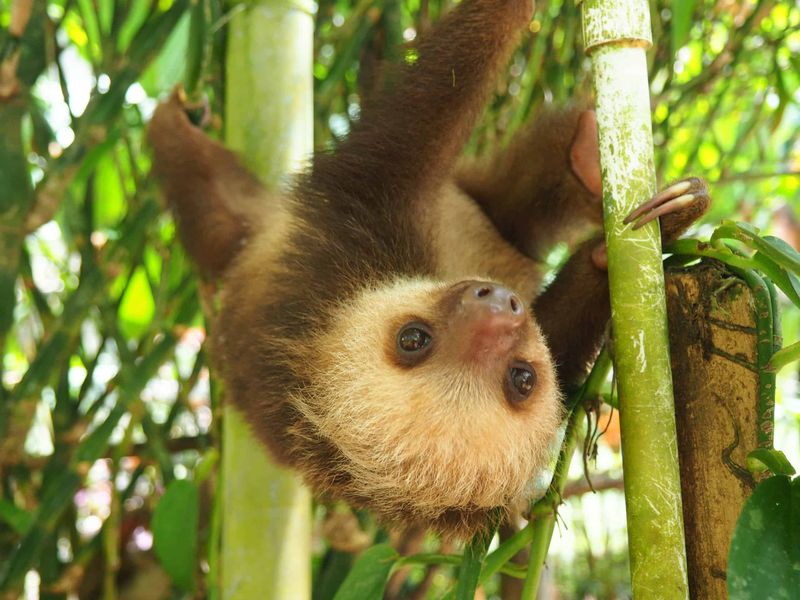
Moving at their own relaxed pace, two-toed sloths bring zen-like calm to the exotic pet world.
Florida’s warm climate suits these tropical tree-dwellers, though specialized indoor habitats with proper humidity control are essential.
Surprisingly strong swimmers, they only descend from their treetop homes about once weekly.
Their specialized digestive systems require carefully managed diets of leaves, vegetables and occasional treats like hard-boiled eggs.
10. Capybara (Hydrochoerus hydrochaeris)
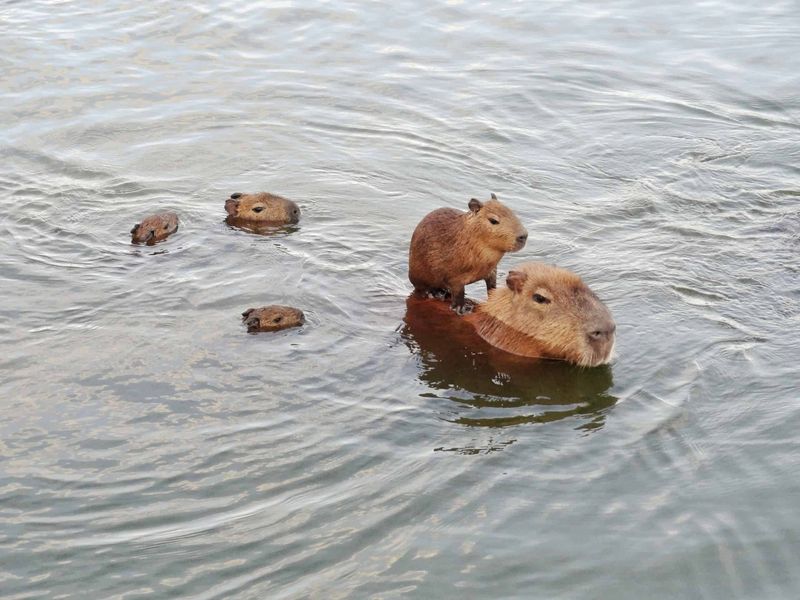
Imagine a guinea pig supersized to 100+ pounds that loves swimming pools! The world’s largest rodent brings gentle, social energy to those with enough space for these semi-aquatic giants.
Natural diplomats, capybaras get along with dogs, cats, and other pets.
Their specialized requirements include swimming water deep enough for full submersion and constant companionship – they hate being alone. Grass-based diets mean plenty of grazing space is essential.
11. Kinkajou (Potos flavus)
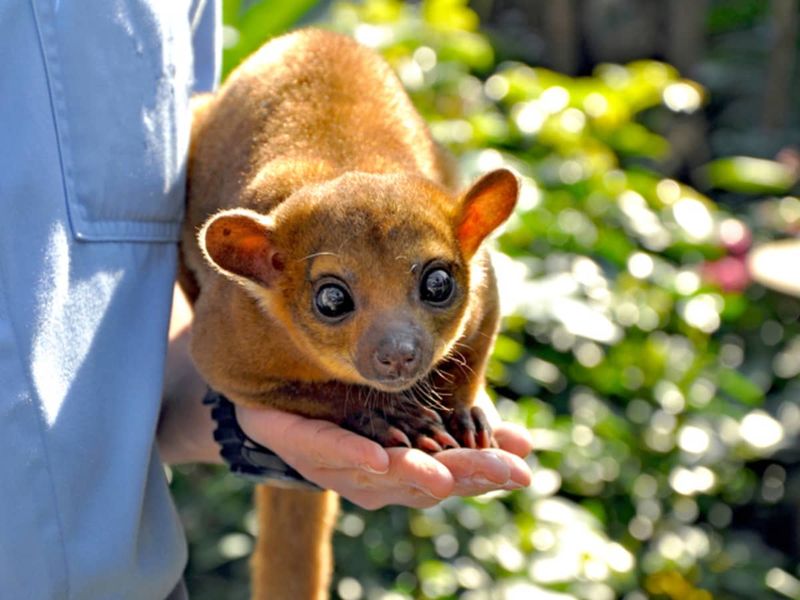
Honey bears, as they’re affectionately called, wrap their prehensile tails around branches – and sometimes your arm!
These rainforest acrobats perform midnight gymnastics routines that would impress Olympic judges. Naturally nocturnal, they sleep all day and party all night.
Sweet-natured when properly socialized, kinkajous love fruit and nectar. Their specialized tongues can reach 5 inches long to lap up honey and nectar in the wild.
12. Coatimundi (Nasua nasua)
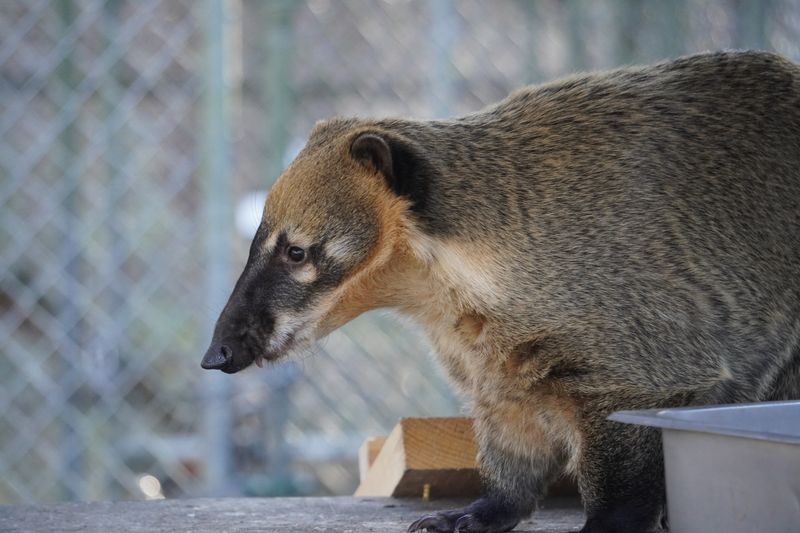
Sporting a raccoon-like mask and anteater-esque snout, coatimundis (or coatis) are nature’s curious explorers.
Their incredibly flexible noses can rotate up to 60 degrees in any direction to sniff out hidden treasures. Highly social by nature, they thrive with consistent interaction and training.
Their natural climbing abilities demand tall, sturdy enclosures with multiple levels. Prepare for their distinctive chatter – they’re quite vocal when excited!
